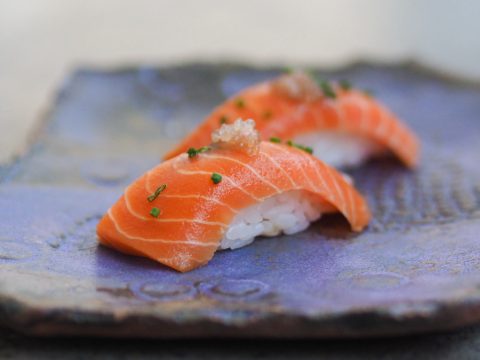4 NOTABLE DEALS IN EUROPE, 2 IN THE REST OF THE WORLD:
🏪 🇫🇮 Relex Solutions raised €500M for its software that helps retailers automate their supply chain management, notably to avoid food waste. This funding, which comes with a €5B valuation, will enable the Finnish startup to expand faster.
🥚 🇫🇮 Onego Bio, another Finnish startup, raised €10M for its egg white alternative made with precision fermentation.
This deal shows the trend around precision fermentation and, more broadly, for alternative proteins in Finland. It also underlines the growing ability of some European research centres to bridge the gap between research and entrepreneurship.
🥓 🍄 🇪🇸 Spanish startup Libre Foods raised $2.5M for its mushroom-based bacon. The startup intends to push for approval in the EU for its mycelium. In the meantime, it uses plain mushrooms to develop plant-based alternatives to bacon and soon to other meats.
This deal shows the growing interest surrounding mycelium as a cost-effective, carbon-efficient, and protein-rich ingredient. Compared to the mushrooms we use today, some mycelium also has the (great) advantage to have a neutral taste.
🌱 🇳🇱 🇬🇧 PlantLab, a Dutch urban farming startup, raised €50M. The startup will open new production sites outside the Netherlands with this funding.
Meanwhile, GrowUp Farms raised £100M to build a new vertical farm in England.
Interestingly, this follows the closure of two company farms located inside London. This shows the trend toward larger indoor farms located close to, but not directly inside, urban centres.

🍣 🇺🇸 Wildtype, a cellular-agriculture startup dedicated to salmon, raised $100M. This is the biggest round in the fish-alternative space. It attracted many well-known investors, corporations (Cargill), and celebrities like Leonardo DiCaprio. Wildtype is already signing distribution deals and partnerships for its product.
Many challenges remain. First: no cellular agriculture product has been yet approved in the US, even if Wildtype says it started a discussion with the FDA (the regulatory body for fish in the US) in 2019. Second, consumer acceptance for cellular agriculture is far from being demonstrated. Third, cost and scaling the capabilities of the product remain unanswered questions.
🧃 🇺🇸 De La Calle, a US-based startup, raised $7M for its Mexican-inspired, probiotic fermented beverages.
The trend around new direct-to-consumer (DTC/DNVB) startups that develop drinks with new tastes and health benefits is very active, and these companies have a lot of room to grow.







